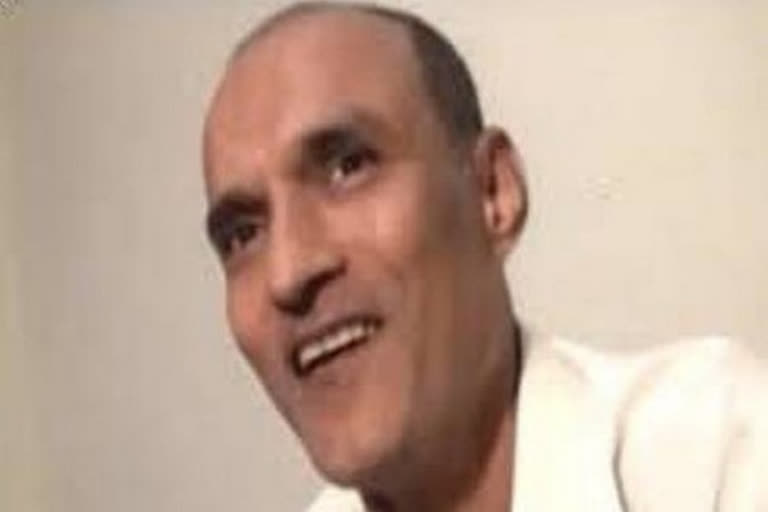New Delhi: The nation awaits the verdict in the International Court of Justice (ICJ) involving Kulbhushan Jadhav, who was sentenced to death by a Pakistan's Military court on charges of spying. Here is a brief look at India's approach in the case so far.
India knocked at the UN court's door with five specific demands when Pakistan court passed a death sentence to the former Indian Naval officer in an espionage case.
India alleged that Pakistan spy agency ISI abducted him from Iran and charged him for "terrorism" after an alleged extracted confession.
Besides, India has sought release and safe repatriation of the Indian national, who has been languishing in Pakistani prison since March 2016.
India has also claimed that Jadhav was never part of its intelligence agency and had left the navy in 2001 to set up his own business and Pakistan's case has been set up following reports from Indian Press which contradicted Pakistan's FIR.
In the ICJ, India pressed for the right to arrange for his legal representation as it suspects Pakistan's intentions of providing him a fair trial, even if it happens in the civilian court.
Further, India called the exercise "lacking in any credibility" and asked the international court of providing consular access to Jadhav as Pakistan has rejected India's request several times in the past.
According to Article 36(1)(B) of the Vienna Convention, consular access applies to all nationals, regardless of espionage claims.
India moved the ICJ on May 8, 2017, for the "egregious violation" of the provisions of the Vienna Convention by Pakistan by repeatedly denying New Delhi consular access to Jadhav.
A 10-member bench of the ICJ, which was set up after World War II to resolve international disputes, on May 18, 2017, had restrained Pakistan from executing Jadhav till adjudication of the case.
Also read: ICJ to announce verdict in Kulbhushan Jadhav's case today



